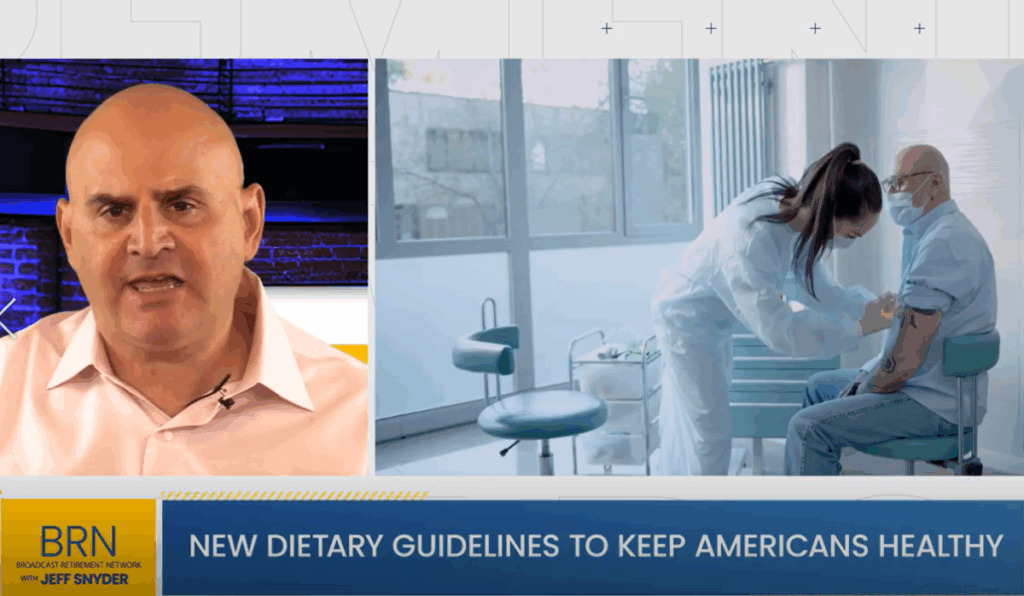
URGENT UPDATE: New Dietary Guidelines from the FDA are poised to reshape eating habits for millions of Americans as they focus on promoting healthier dietary choices. This announcement comes following a significant review of existing guidelines, with changes expected to be revealed within days.
The upcoming guidelines aim to tackle the rising concerns over ultra-processed foods and reconsider current recommendations on saturated fat intake. Andrew Binovi from the Physicians Committee for Responsible Medicine emphasizes the importance of these guidelines, stating they directly influence federal nutrition programs such as the National School Lunch Program and the WIC Program, which serve millions of children across the country.
As the current administration approaches the final stages of this dietary revision, the implications are profound. With 39% of Americans mistakenly believing that all processed foods are unhealthy, there is a pressing need to clarify what constitutes ultra-processed foods. The lack of a universal definition complicates public understanding, making it crucial for the new guidelines to provide clear distinctions.
In a conversation with Broadcast Retirement Network, Binovi remarked, “If we can improve the dietary guidelines, we can improve the nutrition for kids all in one movement.” This is especially relevant as childhood obesity and diabetes rates soar, highlighting the urgency for effective nutritional education.
The current guidelines suggest limiting saturated fat to 10% of daily caloric intake, but many Americans remain unaware of what this means in practical terms. Binovi stresses that guidelines should not just suggest limits but provide actionable advice: “Instead of limiting saturated fat, we should tell people what foods to avoid, like bacon and dairy, which are major sources of saturated fat.”
As the FDA finalizes these guidelines, they face the challenge of ensuring the public understands complex nutritional information, which has historically been a barrier to healthy eating. Many physicians lack adequate training in nutrition, further complicating the dissemination of these vital health messages.
The final release of the Dietary Guidelines for Americans is set to arrive shortly, with significant implications for public health policy and individual dietary choices. Citizens are encouraged to engage with their healthcare providers, asking pertinent questions about nutrition and dietary practices.
The urgency of this matter cannot be overstated. With the health of future generations at stake, the new Dietary Guidelines may well serve as a pivotal turning point in the fight against dietary-related health issues in America. Stay tuned for the official announcement expected soon, as it promises to be a game-changer in promoting a healthier nation.






